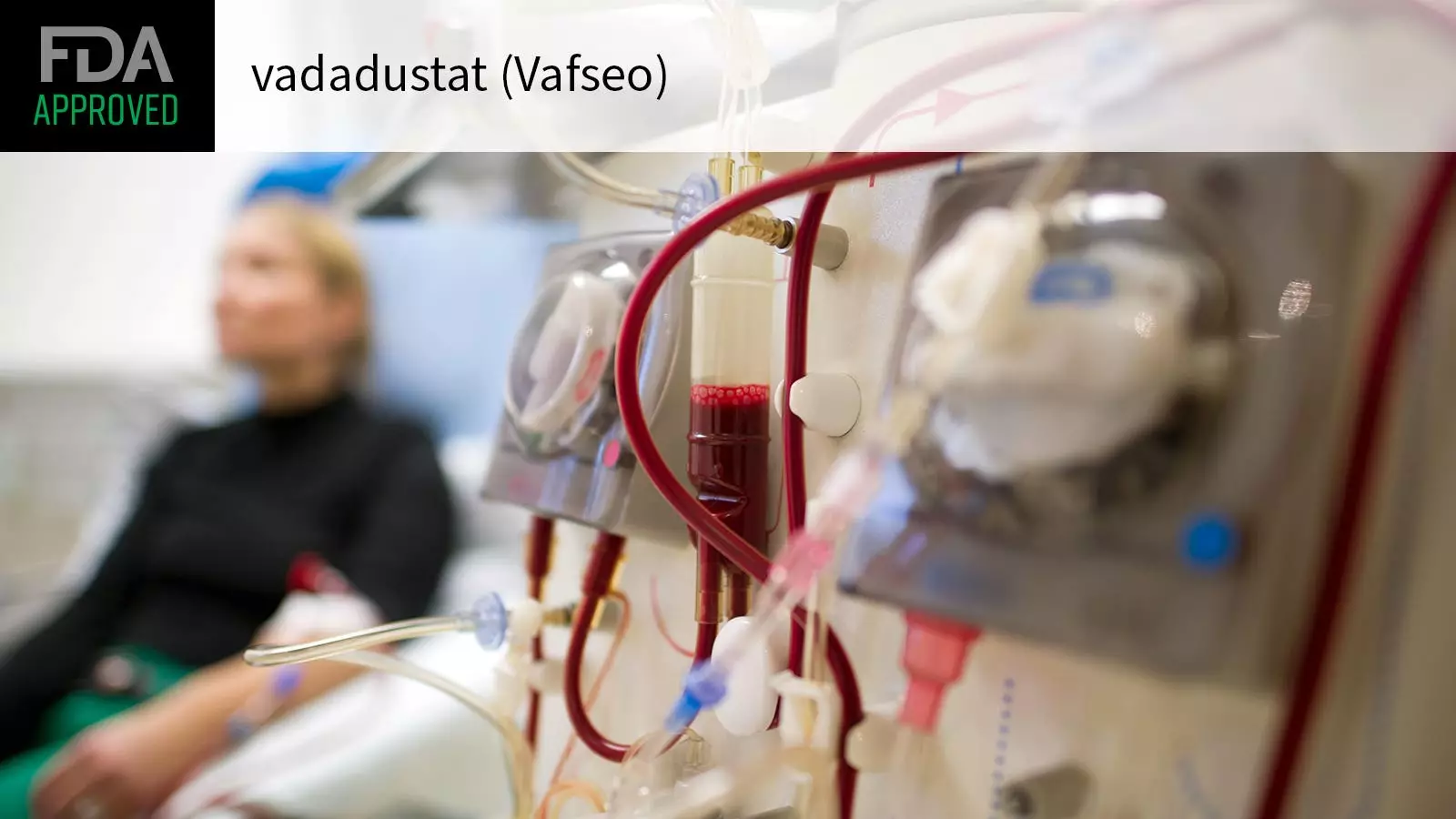The recent approval of vadadustat (Vafseo) by the FDA for the treatment of chronic kidney disease (CKD)-related anemia in adults on dialysis has sparked mixed reactions within the medical community. This decision comes after Akebia Therapeutics’ second attempt at gaining approval for this indication, following an initial rejection due to concerns about the drug’s benefit-risk assessment. The approval of vadadustat, an oral hypoxia-inducible factor prolyl hydroxylase (HIF-PH) inhibitor, provides an additional treatment option for the estimated 500,000 U.S. adults with CKD-related anemia.
The approval of vadadustat was supported by data from the INNO2VATE program, which demonstrated noninferiority to darbepoetin alfa in maintaining hemoglobin levels in patients on dialysis. The study showed mean differences in hemoglobin concentration changes between vadadustat and darbepoetin alfa, highlighting vadadustat’s efficacy in managing anemia in this patient population. Additionally, the concurrent PRO2TECT study focused on non-dialysis-dependent CKD patients, showing similar efficacy results while also revealing a cardiovascular safety signal specific to this subgroup.
Despite its efficacy, vadadustat is not without its drawbacks. The most common adverse reactions reported in patients treated with vadadustat were hypertension and diarrhea, raising concerns about the drug’s tolerability and safety profile. Additionally, the drug’s label will include a boxed warning about potential risks of death, myocardial infarction, stroke, and venous thromboembolism, underlining the importance of careful monitoring and risk assessment when prescribing vadadustat.
Vadadustat’s approval is currently limited to adults on dialysis, with its use in non-dialysis-dependent CKD patients raising cardiovascular safety concerns. The drug’s label also includes specific warnings about potential drug interactions with iron supplements, phosphate binders, statins, and certain cancer drugs, necessitating a thorough review of patients’ medication regimens before prescribing vadadustat.
The FDA’s approval of vadadustat for the treatment of CKD-related anemia represents a significant milestone in the management of this condition. While the drug’s efficacy in maintaining hemoglobin levels is promising, its adverse reactions and safety concerns underscore the importance of careful monitoring and risk assessment. Moving forward, further studies and real-world data will be critical in evaluating the long-term safety and efficacy of vadadustat in clinical practice.

Leave a Reply